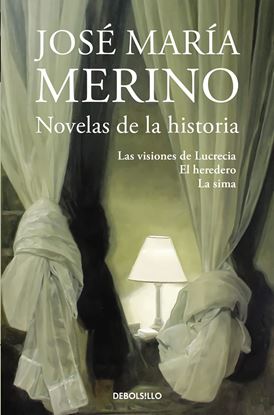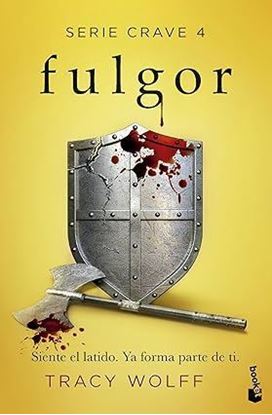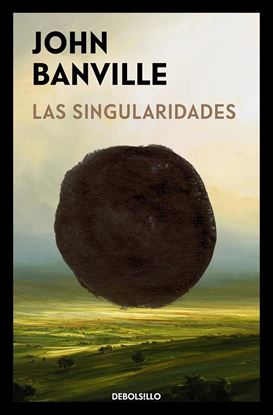

NOVELAS DE LA HISTORIA (BOL)
Se reúnen en este volumen Las visiones de Lucrecia (1996), El heredero (2003) y La sima (2009). La primera es el relato de un tiempo tan intolerante como mítico, el Siglo de Oro español, y de una muchacha capaz de alucinaciones terriblemente cercanas a la realidad. La segunda y la tercera transcurren en época cercana: El heredero es una peculiarhistoria del siglo XX español a través de una saga familiar, y La sima, un acercamiento a la confrontación civil y al enfrentamiento cainita como cultura en una realidad, la España actual, donde el pasado, repleto de sombras, gravita sobre un presente que no ha conseguido cerrar las heridas causadas por la Historia.
750
FULGOR (SERIE CRAVE 4) (BOL)
Nadie salió ileso de la última batalla. Flint está enfadado con el mundo, Jaxon se está convirtiendo en alguien a quien no reconozco, y Hudson ha levantado un muro entre nosotros que no estoy segura de poder romper.
Ahora se acerca una guerra y no estamos listos. Pero antes de eso necesito encontrar respuestas a las incógnitas sobre mis antepasados; respuestas que podrían revelar quién es el verdadero monstruo entre nosotros… en un mundo lleno de vampiros sedientos de sangre, gárgolas inmortales y una antigua disputa entre dos diosas.
No hay garantías de que nadie siga en pie cuando el polvo se asiente, pero si queremos salvar este mundo, no tengo otra opción. Tendré que abrazar cada parte de mí…, incluso aquellas que más temo.
995
LAS SINGULARIDADES (BOL)
Freddie Montgomery acaba de salir de prisión y es un hombre nuevo. Bajo el pseudónimo de Felix Mordaunt vuelve al viejo caserón de su infancia, donde ahora vive la familia del fallecido Adam Godley, el gran físico cuya teoría revolucionó la concepción del universo. Mordaunt se une a la constelación formada por el hijo eternamente a la sombra del famoso científico, su irresistible esposa Helen, una terca ama de llaves, un biógrafo enamorado —casi rival— y una mujer del pasado que le pide a Felix un inesperado y peligroso favor.
Con esta novela extraordinaria que es a la vez historia de amor —en cuyo centro está Helen, quizá el más inolvidable personaje femenino del autor—, novela de suspense, biografía apócrifa y teoría científica, Banville lleva su narrativa a nuevos horizontes: «Nunca podré volver a escribir un libro así», ha declarado. «Es como todos mis libros unidos en uno solo».
850











